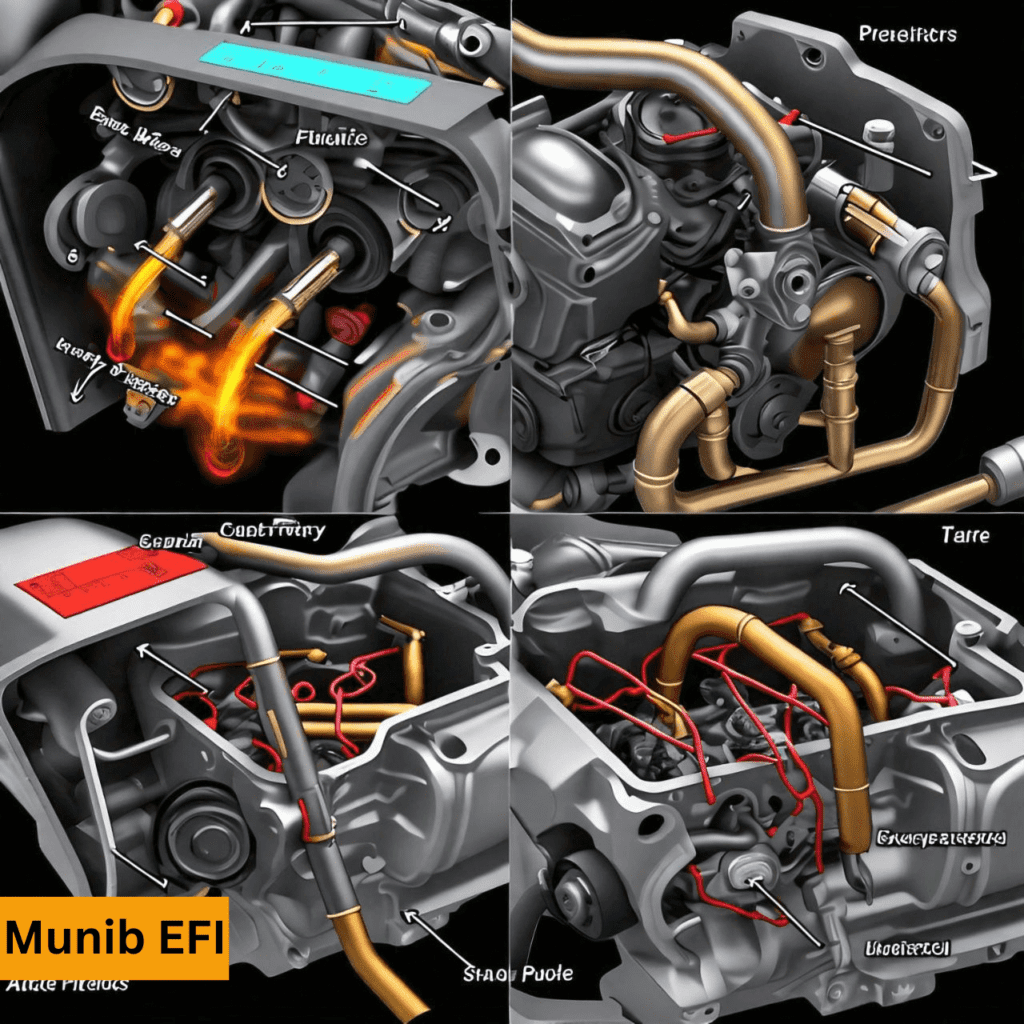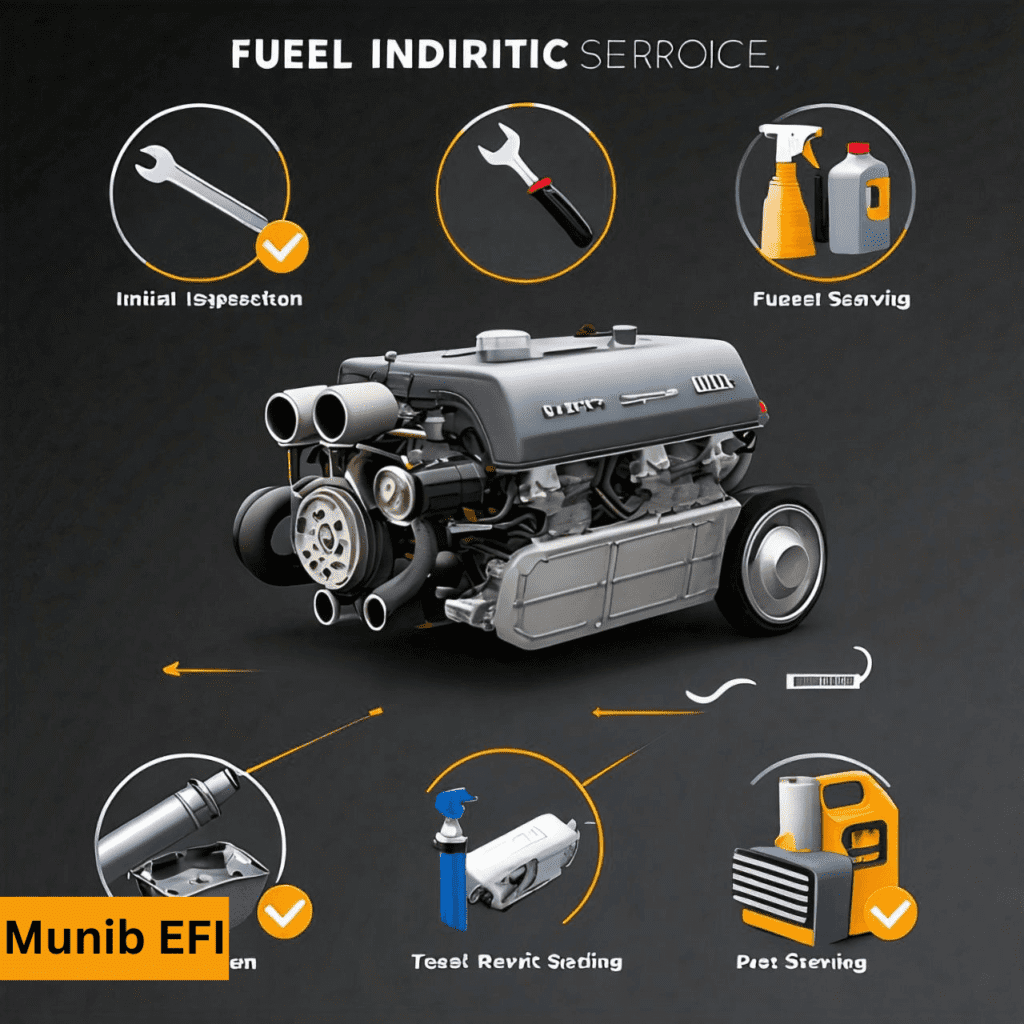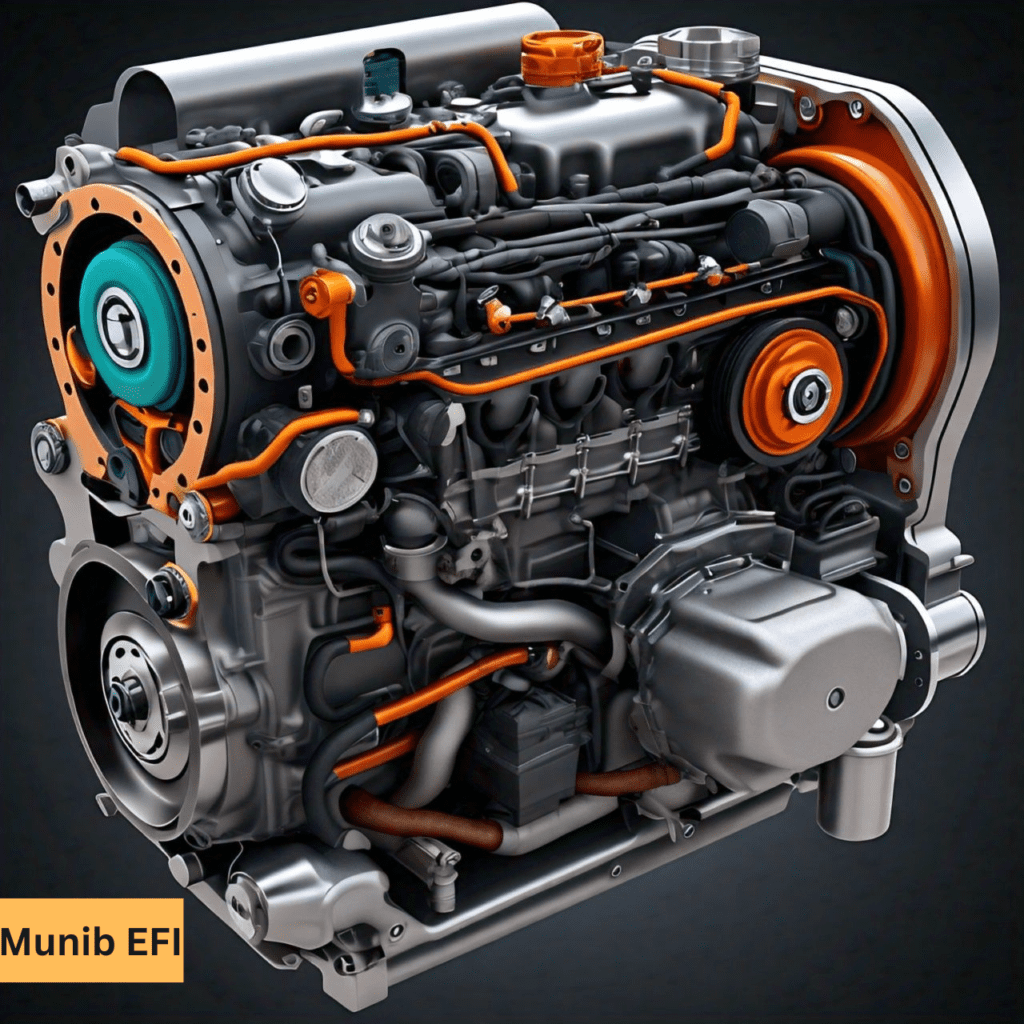In this comprehensive guide, we’ll explore what a fuel induction service entails, the signs that you might need one, and how often it should be performed. We’ll also guide you into the benefits of this service, the process involved, and tips for choosing a reliable services provider.
When it comes to maintaining your vehicle’s performance and efficiency, understanding the importance of a fuel induction service is essential. This procedure, often misunderstood or overlooked, plays a crucial role in keeping your engine clean and running smoothly.
What is a Fuel Induction Service?
A fuel induction service is a maintenance procedure designed to clean various components of your vehicle’s fuel system. Over time, carbon deposits and other debris can build up in your fuel injectors, intake valves, and combustion chambers, leading to decreased performance and efficiency. This service helps restore your engine’s efficiency and performance by removing these harmful deposits.
Components Involved in the Service
A typical fuel induction service targets several key areas of the fuel system, including:
- Fuel injectors
- Intake valves
- Throttle body
- Combustion chambers

Signs That You Might Need a Fuel Induction Service
Decreased Fuel Efficiency
One of the most noticeable signs that your vehicle might require a fuel induction service is a drop in fuel efficiency. If you find yourself filling up your gas tank more frequently than usual, it could be due to carbon deposits interfering with the proper atomization and combustion of fuel. These deposits can cause the engine to run less efficiently, consuming more fuel to produce the same amount of power. By cleaning the fuel system, a fuel induction service can help restore your vehicle’s fuel economy, saving you money at the pump over time.
Engine Performance Issues
Experiencing sluggish acceleration, a noticeable loss of power, or hesitation during acceleration can all indicate the need for a fuel induction service. These performance issues are often caused by clogged fuel injectors or intake valves, which prevent the engine from receiving the optimal mixture of air and fuel. As a result, the engine struggles to perform at its best.
Benefits of a Fuel Induction Service

Improved Fuel Efficiency
One of the primary benefits of a fuel induction service is the improvement in fuel efficiency. By removing carbon deposits from critical fuel system components, the engine can burn fuel more efficiently, resulting in better mileage. This not only saves you money on fuel costs but also reduces your vehicle’s environmental impact by lowering overall fuel consumption.
Enhanced Engine Performance
A well-maintained fuel system is essential for optimal engine performance. When components like fuel injectors and intake valves are clean, the engine can operate at its peak efficiency, providing smoother acceleration and more consistent power delivery. This can make a noticeable difference in your vehicle’s responsiveness and overall driving experience.
Reduced Emissions
A clean fuel system contributes to reduced emissions, making your vehicle more environmentally friendly. Carbon deposits in the engine can lead to incomplete combustion, resulting in higher emissions of harmful pollutants. By removing these deposits, a fuel induction service helps ensure that fuel burns more completely, producing fewer emissions.
How Often Should You Get a Fuel Induction Service?
Manufacturer Recommendations
The frequency of fuel induction services depends largely on your vehicle’s make and model, as well as the manufacturer’s maintenance recommendations. Most manufacturers provide specific guidelines on when to perform this service, typically outlined in the owner’s manual. These recommendations are based on extensive testing and are designed to keep your vehicle running optimally.
Driving Conditions and Habits
Your driving habits and the conditions in which you operate your vehicle also play a significant role in determining how often you should get a fuel induction service. If you frequently drive in stop-and-go traffic, take short trips, or operate in harsh conditions such as extreme temperatures or dusty environments, you may need this service more frequently.
The Fuel Induction Service Process Explained
Initial Inspection
The fuel induction service begins with a thorough inspection of your vehicle’s fuel system. Technicians will assess the level of carbon buildup and identify any specific areas that require attention. This initial inspection is crucial for determining the most effective approach to cleaning the system and ensuring that all components are addressed.
Cleaning the Fuel System
The core of the fuel induction service involves using specialized cleaning agents to remove carbon deposits from the fuel injectors, intake valves, throttle body, and combustion chambers. This process can vary slightly depending on the service provider and the tools they use, but it generally involves running these cleaning agents through the fuel system while the engine is running. The goal is to dissolve and flush out any accumulated deposits, restoring the components to their optimal operating condition.
Post-Service Testing
After the cleaning process is complete, a series of tests are conducted to ensure that the fuel system is functioning correctly. Technicians will check for any remaining performance issues and verify that the service has effectively addressed the buildup. This testing phase is essential for confirming that the service has been successful and that your vehicle’s engine is operating as it should.
Cost of Fuel Induction Service
Factors Affecting the Cost
The cost of a fuel induction service can vary based on several factors, including the make and model of your vehicle, the severity of the carbon buildup, and the service provider’s rates. Additionally, regional differences and the specific techniques or products used can influence the overall price. Understanding these factors can help you budget for the service and ensure that you are getting good value for your money.
Average Price Range
On average, you can expect to pay between 500-1000 rupees for a professional fuel induction service. It’s always a good idea to obtain multiple quotes from different service providers to compare prices and services. While the cost may seem significant, the benefits of improved fuel efficiency, enhanced engine performance, and reduced emissions can make it a worthwhile investment in the long run.
Is Fuel Induction Service Necessary for Newer Vehicles?
Technological Advancements in Modern Engines
Modern engines are designed to be more efficient and produce fewer emissions. Despite these advancements, they are not immune to carbon buildup, particularly in direct injection systems. Regular maintenance, including fuel induction services, can help ensure that these engines continue to operate efficiently and reliably, taking full advantage of their advanced design and technology.
Manufacturer Maintenance Guidelines
Following the maintenance guidelines provided by your vehicle’s manufacturer is crucial for maintaining its performance and longevity. These guidelines often include recommendations for fuel induction services at specific intervals. Adhering to these recommendations can help prevent performance issues and ensure that your vehicle remains in top condition throughout its lifespan.
Preventative Maintenance Tips to Avoid Frequent Fuel Induction Services
Regular Fuel System Cleaners
Using fuel system cleaners regularly can help prevent carbon buildup and extend the time between professional fuel induction services. These cleaners can be added to your fuel tank periodically to keep the injectors, intake valves, and combustion chambers clean. While they are not a substitute for professional services, they can help maintain your fuel system’s cleanliness and efficiency.
Quality Fuel Usage
Using high-quality fuel can significantly reduce the amount of deposits that form in your fuel system. Top-tier fuels often contain detergents and additives designed to keep your engine clean. By choosing reputable fuel brands and avoiding low-quality or contaminated fuel, you can help maintain your vehicle’s performance and reduce the need for frequent fuel induction services.
Conclusion
A fuel induction service can provide substantial benefits for your vehicle, including improved fuel efficiency, enhanced engine performance, and reduced emissions. Understanding the signs that indicate a need for this service, the benefits it offers, and the process involved can help you make informed decisions about maintaining your vehicle’s fuel system.
Visit Our Site:
Welcome to Efi auto hybrid solutions – your go-to destination for Efi Auto Electrician. With over Eight (8) years of experience in Efi Electrician and Hybrid Car electrician, we’re dedicated to providing the most cost-effective Efi Services in the market.
We prioritize environmental sensitivity and offer personalized solutions to meet your needs. Join us in saving the planet – contact us today!
Phone: +92 340 4460259
Email: [email protected]


